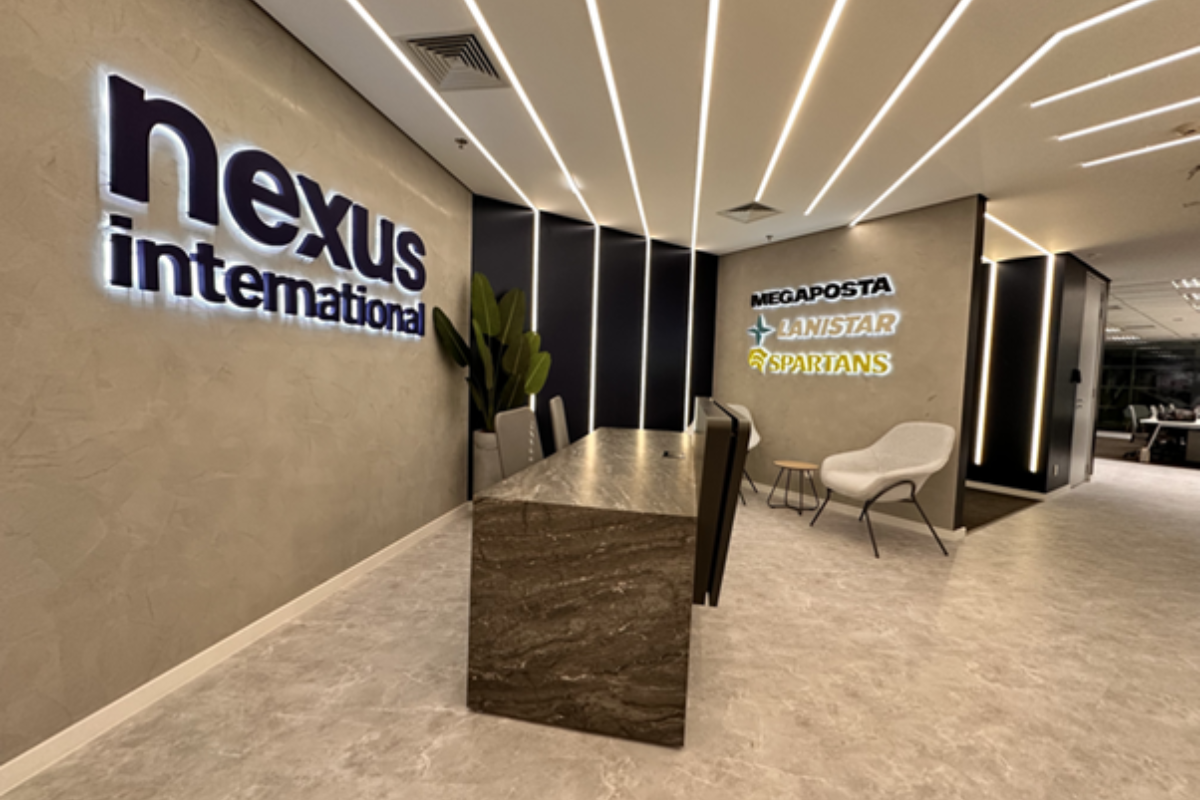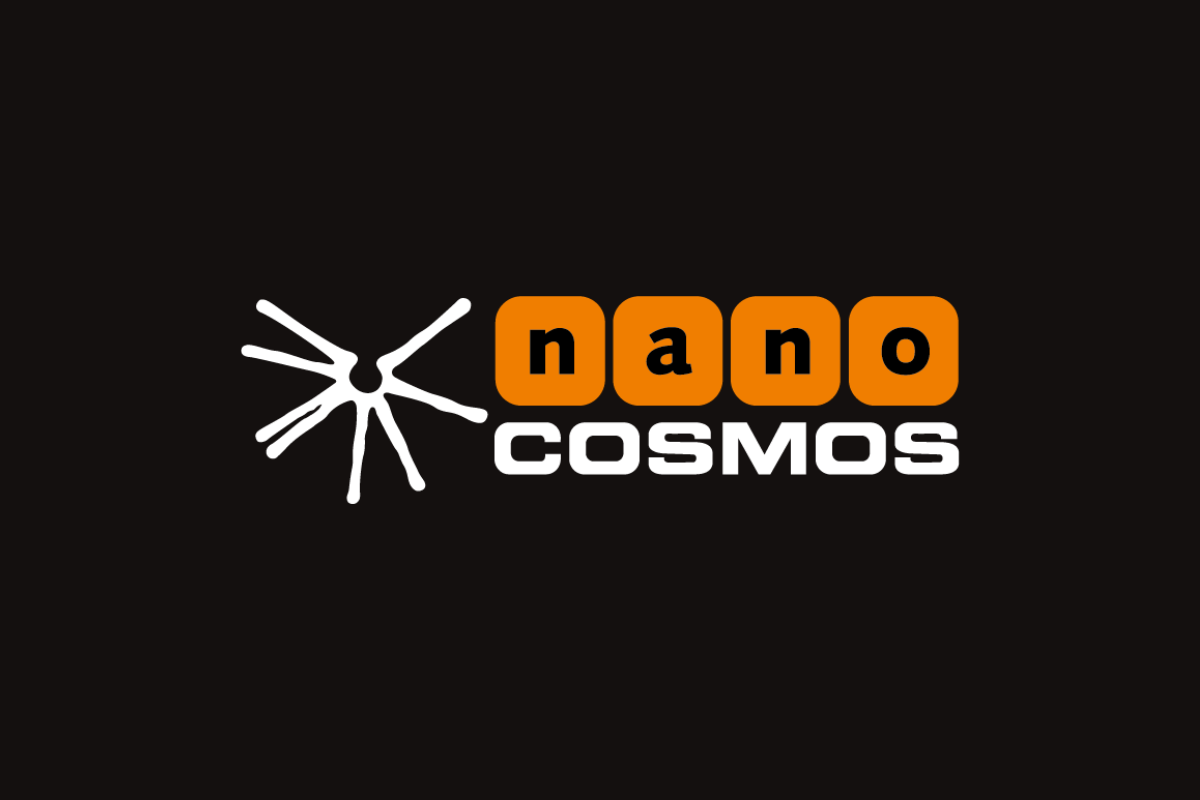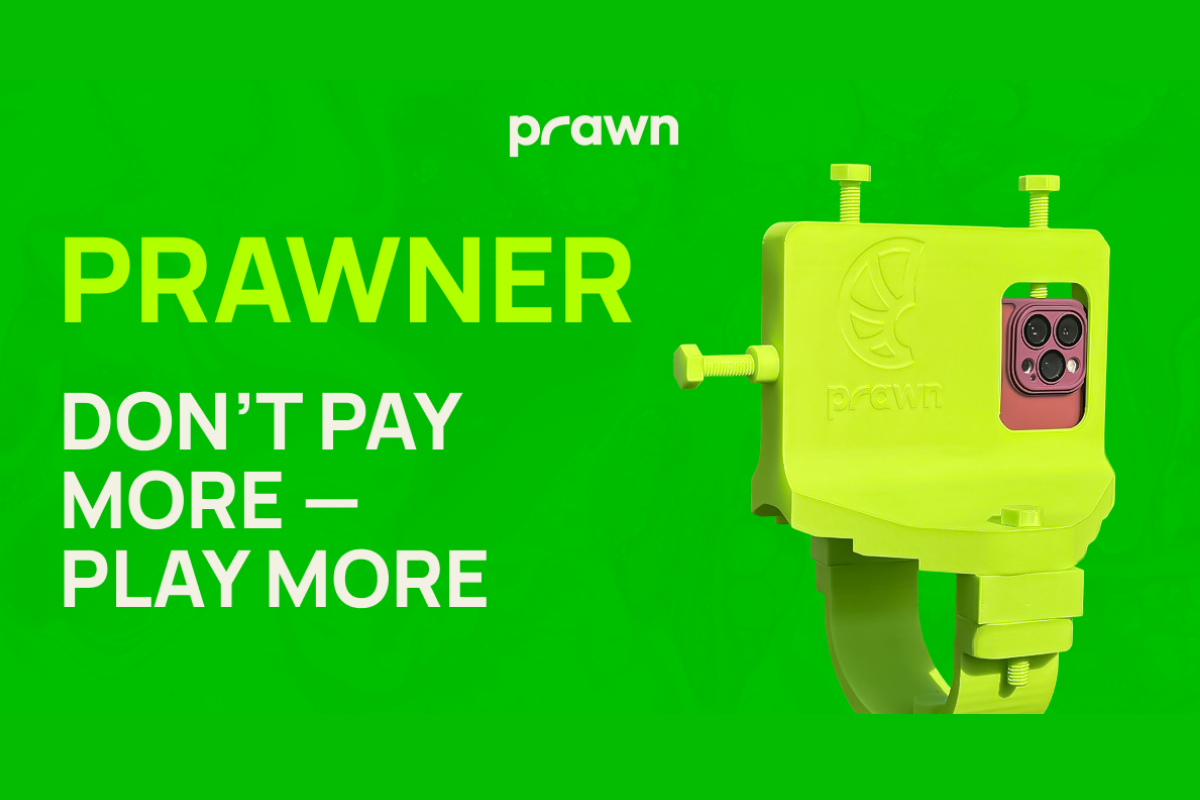Latest News
How Gurhan Kiziloz Built a $400M Business Without Looking Back

In business, failure is often romanticized as a stepping stone, a narrative beat in the hero’s journey. But few speak candidly about what it feels like to experience it repeatedly, at scale, in public. Gurhan Kiziloz, founder and CEO of Nexus International, has taken a different stance. He acknowledges, not reluctantly but flatly, that he failed more than 70 times before building a company that generated $400 million in revenue in 2024.
That statistic is both unusual and revealing. Most executives prefer to tell polished stories of setbacks turned into inevitable success. Kiziloz offers no such framing. His view is simpler: failure is useful because it shows you what doesn’t work. Reflection, in the conventional sense, is less important to him than momentum. “I don’t dwell,” he said in an interview, “I move.”
This action-first orientation shapes everything about Nexus International. The company, which is fully self-financed, operates without a board, outside capital, or traditional corporate layers. Kiziloz makes decisions quickly, often within minutes. For some, this reads as reckless. For others, it’s a blueprint for a new kind of operational clarity, one where instinct and accountability take precedence over consensus and procedure.
What makes his approach notable is not just its velocity but its durability. Nexus’s flagship product, the gaming platform Megaposta, gained traction in Brazil just as the country’s regulatory landscape shifted to favor licensed digital operators. While others hesitated, Kiziloz acted. Nexus secured a license early, capitalized on favorable market conditions, and scaled rapidly in a high-growth, high-risk environment. The reward: a run rate that aims to reach $1.45 billion by the end of 2025.
Still, the path to that clarity was not automatic. Before Nexus, Kiziloz launched ventures that failed to gain traction or crumbled under operational weight. These weren’t one-off stumbles, they were sustained setbacks. He refers to them as data points, not personal defeats. That framing echoes other entrepreneurs who’ve lost publicly and returned stronger. Oprah Winfrey was fired early in her career and told she was “unfit for television.” Elon Musk was ousted from his own companies, first at Zip2, then later at X.com. What unites these stories isn’t redemption through reflection, but through reconstruction. A kind of identity rebirth.
For Kiziloz, that shift appears to be built on removing variables. By financing his own company, he eliminated the need to explain or justify decisions to external stakeholders. He built a leadership model that doesn’t depend on layers of management or institutional feedback. In this environment, accountability becomes concentrated, but so does freedom.
There are trade-offs. Without the checks and balances of a more distributed structure, the risk of tunnel vision increases. When momentum becomes the primary driver, slower, but important, strategic considerations may be deferred or missed entirely. The same systems that allow for fast iteration can also overlook failure signals until they’re harder to reverse.
But these are known risks, and Kiziloz appears to have accepted them. His leadership doesn’t rest on managing people as much as it does on engineering around them, designing a system that amplifies execution and filters out friction. This philosophy isn’t just managerial; it’s psychological. The conviction to rebuild repeatedly without institutional scaffolding suggests a mindset tuned to volatility, not in the markets, but in self.
The emotional cost of that shouldn’t be dismissed. When asked what freedom meant to him as a founder, he dismissed the premise entirely. “I haven’t got time for emotions,” he said. That starkness may read as harsh, but it underscores a theme: when the cost of reflection is hesitation, clarity becomes the only viable currency.
And yet, the story isn’t just about speed or control. It’s about what happens when you combine repeated failure with the willingness to continue anyway, not with a grand strategy, but with controlled intensity. In that sense, Kiziloz belongs to a subset of founders for whom entrepreneurship is less a business pursuit than a form of cognitive patterning. They are not risk-takers in the romantic sense; they are information processors operating under extreme stress conditions.
Whether Nexus’s model is replicable remains an open question. Many of its decisions, geographic concentration in Brazil, fast regulatory alignment, refusal of capital, make sense only in the context of a founder who’s uniquely willing to bear every risk personally. That’s not a widely shared appetite. Nor is it necessarily advisable at scale.
But it is real. In a landscape saturated with startup advice, Kiziloz didn’t rely on luck or genius. He just knew exactly what he was building. He bet on himself after betting on himself had already failed. And then he built something big. That isn’t just a story about resilience. It’s a story about repetition, systems, and what happens when clarity matters more than comfort. In that regard, Gurhan Kiziloz is not a cautionary tale or a success story. He is an operating model, a case study in what founder-led businesses can become when they discard the manual and build their own loop.
-

 Africa7 days ago
Africa7 days agoGhana’s NLA Introduces New Sticker to Clamp Down on Illegal Lotto Operators
-
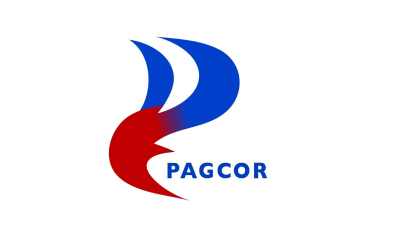
 Asia6 days ago
Asia6 days agoPAGCOR: Online Gaming fuels nation-building, but illegal sites pose risks
-

 Africa7 days ago
Africa7 days agoRise & Hustle partners with Altenar to power its new sportsbook offering
-
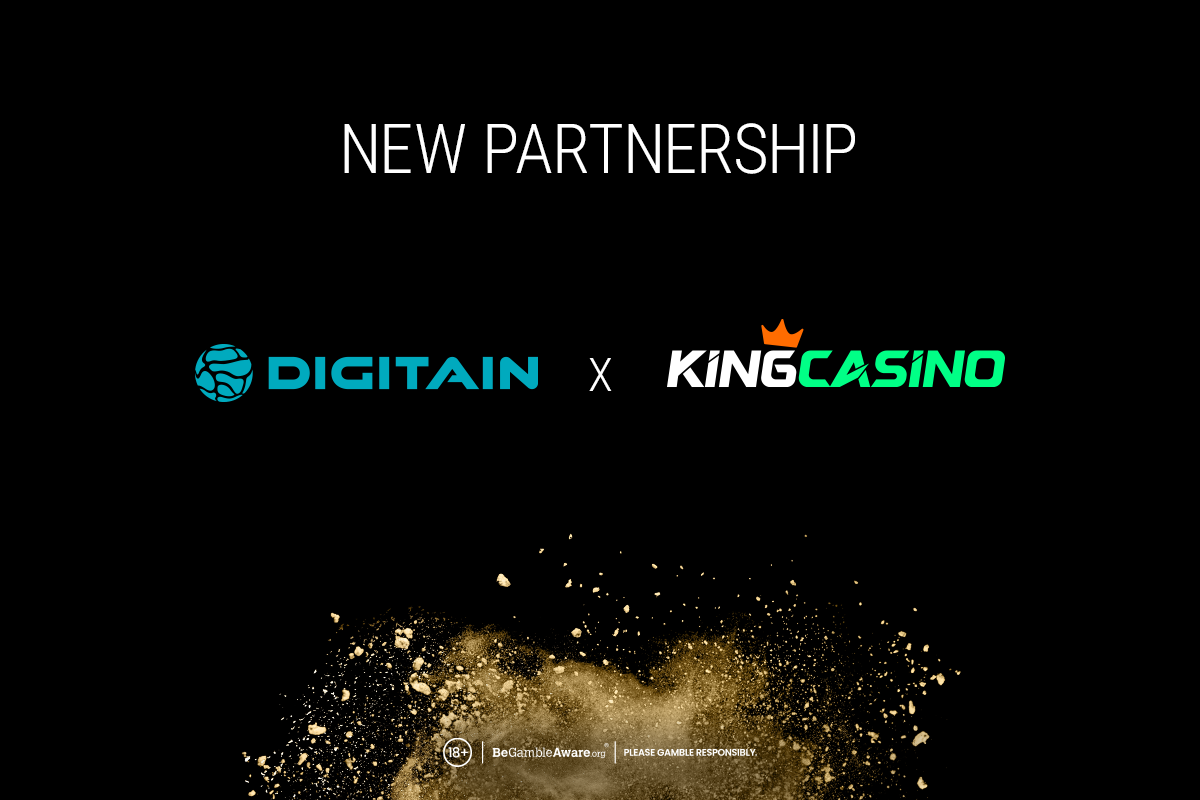
 Eastern Europe6 days ago
Eastern Europe6 days agoDigitain Strengthens Romanian Market Presence Through KingCasino Partnership
-

 Central Europe7 days ago
Central Europe7 days agoCT Interactive Announces Strategic Partnership with Ecasino
-

 Latest News7 days ago
Latest News7 days agoCasino Playa de las Américas Implements JCM’s ICB Technology
-

 Compliance Updates7 days ago
Compliance Updates7 days agoElizabeth Varley, solicitor at licensing law firm Poppleston Allen, shares a handy refresher on the UK’s statutory levy, including the who, how much, why and how to pay
-

 Conference7 days ago
Conference7 days agoBetConstruct to Participate in SBC Summit Lisbon 2025






